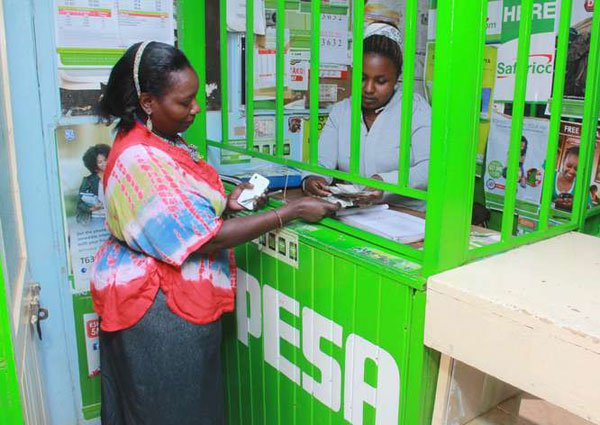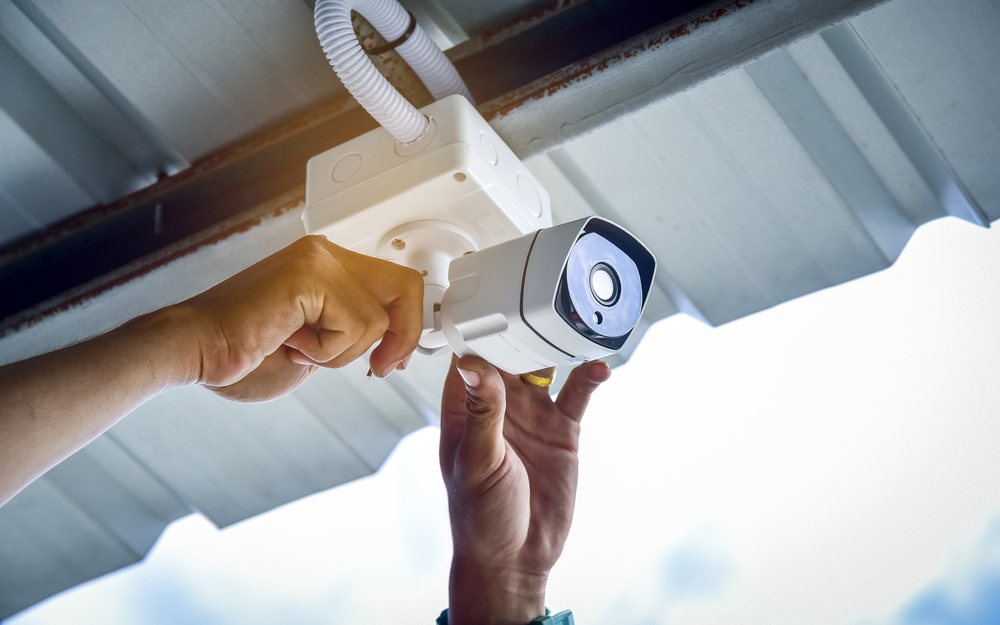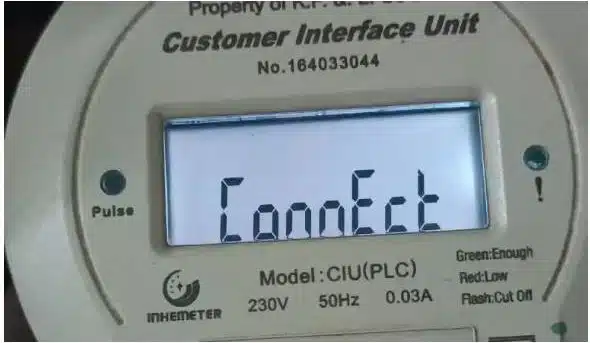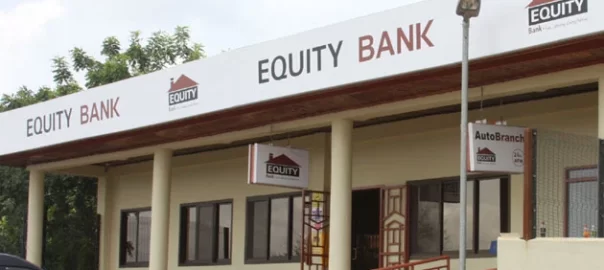
Are you considering starting your own M-Pesa business in Kenya? This comprehensive guide will walk you through the process step-by-step, making the journey to launching your venture smoother and more manageable.
1. Understanding M-Pesa in Kenya
Before diving in, grasp the fundamentals of M-Pesa. Understand its services, the target market, and its impact on Kenya’s financial landscape.
2. Meeting the Requirements
To begin an M-Pesa business, fulfill the necessary prerequisites outlined by Safaricom, the service provider. This includes legal documents, financial obligations, and physical infrastructure like a shop or kiosk.
To operate as an M-PESA shop agent, you’ll need a registered limited company in operation for at least 6 months and at least 3 outlets prepared for offering MPESA services.The minimum investment for an M-PESA outlet is Ksh. 100,000 in float. Requirements include business permits for each outlet, VAT & tax certificates, IDs, a banking license from a reputable institution, and police clearance certificates.Fill out the MPesa agent head office application form and the MPesa agent store application form. Once you’ve met the requirements and submitted the forms, you’ll receive a till number for your operations.
3. Registering your business
Follow the legal procedures for registering your business. Obtain the necessary licenses and permits from relevant authorities, ensuring compliance with Kenyan business laws.
To register an M-Pesa business as an agent in Kenya, here’s a general outline:
1. **Meet Requirements:**
Ensure you have a registered limited company that’s been in operation for at least 6 months. Also, have at least 3 outlets ready to offer M-Pesa services.
2. **Minimum Investment:**
Plan for a minimum investment of Ksh. 100,000 as float for your M-Pesa outlet.
3. **Gather Necessary Documents:**
You’ll need to provide Safaricom with various documents, including business permits for each outlet, VAT & tax certificates, valid IDs, a banking license from a reputable institution, and police clearance certificates.
4. **Fill Application Forms:**
Complete the MPesa agent head office application form and the MPesa agent store application form provided by Safaricom.
5. **Submission and Approval:**
Submit the forms along with the required documents to Safaricom. Once you’ve met all the requirements and provided the necessary paperwork, Safaricom will review your application.
6. **Receive Till Number:**
If approved, Safaricom will allocate a till number for your M-Pesa business.
7. **Comply with Guidelines:**
Ensure your business operations adhere to Safaricom’s business practices and brand guidelines.
8. **Hiring and Operation:**
You can either manage the M-Pesa outlet yourself or hire qualified staff. Daily operations include facilitating cash deposits and withdrawals for registered M-Pesa customers, registering new M-Pesa users, and ensuring compliance with Safaricom’s guidelines.
9. **Choose Outlet Type:**
Decide whether you want to run a standard outlet (going through the complete registration process and being recognized as an agent) or operate as a sub-dealer (working under a licensed agent by purchasing their M-Pesa line and paying them commission).
Remember, this process involves compliance with Safaricom’s regulations and might require additional or updated documentation based on their specific guidelines or any changes in the registration process. It’s advisable to directly contact Safaricom or visit their website for the most accurate and detailed information regarding M-Pesa business registration in Kenya.
4. Location matters
Choose a strategic location for your M-Pesa outlet. Areas with high foot traffic or limited access to banking services tend to be lucrative spots for such businesses.
5. Training and certification
Undergo training provided by Safaricom to ensure you and your staff are well-versed in M-Pesa operations. Certification might be required before officially starting the business.
6. Securing start-up capital
Estimate the initial investment required for setting up the business, including rent, equipment, and initial float (the money used for transactions). Explore funding options if needed.
7. Marketing and promotion
Once set up, employ effective marketing strategies to attract customers. Highlight the convenience, security, and efficiency of using your M-Pesa services.
8. Customer service and security measures
Maintain excellent customer service and ensure robust security measures are in place to build trust among your clientele.
9. Scaling your business
As your M-Pesa business grows, consider expanding to multiple locations or offering additional services to increase profitability.
Conclusion
Starting an M-Pesa business in Kenya can be a rewarding venture, providing financial services to communities while generating income. Following these steps will help pave the way for a successful and sustainable enterprise.







